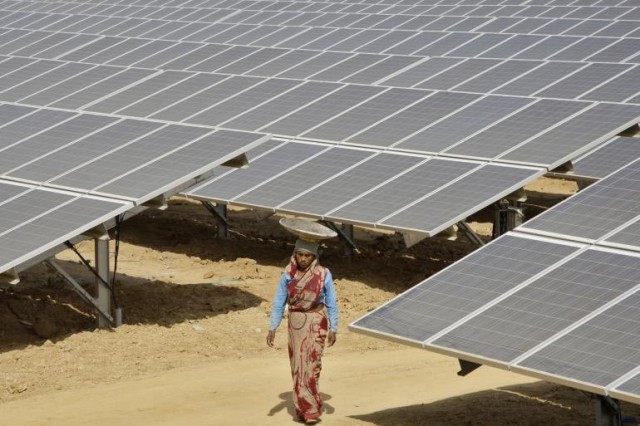This is a powerful piece on the cost of environmental extremism to the world’s poor.
The soaring [food] prices were actually exacerbated (as the Food and Agriculture Organisation of the UN confirmed) by the diversion of much of the world’s farmland into making motor fuel, in the form of ethanol and biodiesel, for the rich to salve their green consciences. Climate policies were probably a greater contributor to the Arab Spring than climate change itself.
The use of ethanol in motor fuels is an irrational response to “green propaganda. The energy density of biofuel, as ethanol additives are called, is low resulting in the use of more and more ethanol and less and less arable land for food.
Without abundant fuel and power, prosperity is impossible: workers cannot amplify their productivity, doctors cannot preserve vaccines, students cannot learn after dark, goods cannot get to market. Nearly 700 million Africans rely mainly on wood or dung to cook and heat with, and 600 million have no access to electric light. Britain with 60 million people has nearly as much electricity-generating capacity as the whole of sub-Saharan Africa, minus South Africa, with 800 million.
South Africa is quickly destroying its electricity potential with idiotic racist policies.
Just to get sub-Saharan electricity consumption up to the levels of South Africa or Bulgaria would mean adding about 1,000 gigawatts of capacity, the installation of which would cost at least £1 trillion. Yet the greens want Africans to hold back on the cheapest form of power: fossil fuels. In 2013 Ed Davey, the energy secretary, announced that British taxpayers will no longer fund coal-fired power stations in developing countries, and that he would put pressure on development banks to ensure that their funding policies rule out coal. (I declare a commercial interest in coal in Northumberland.)
In the same year the US passed a bill prohibiting the Overseas Private Investment Corporation — a federal agency responsible for underwriting American companies that invest in developing countries — from investing in energy projects that involve fossil fuels.


